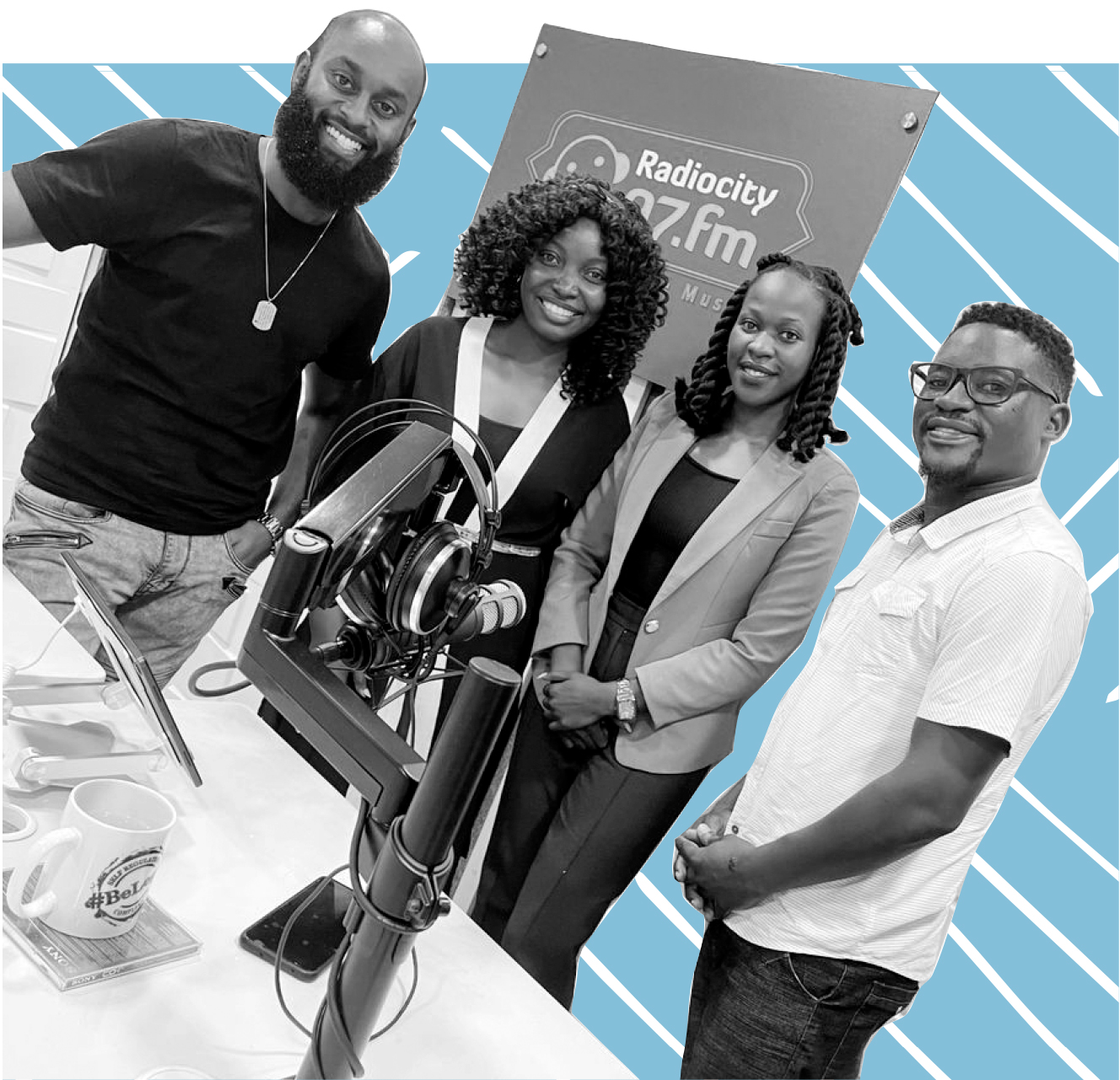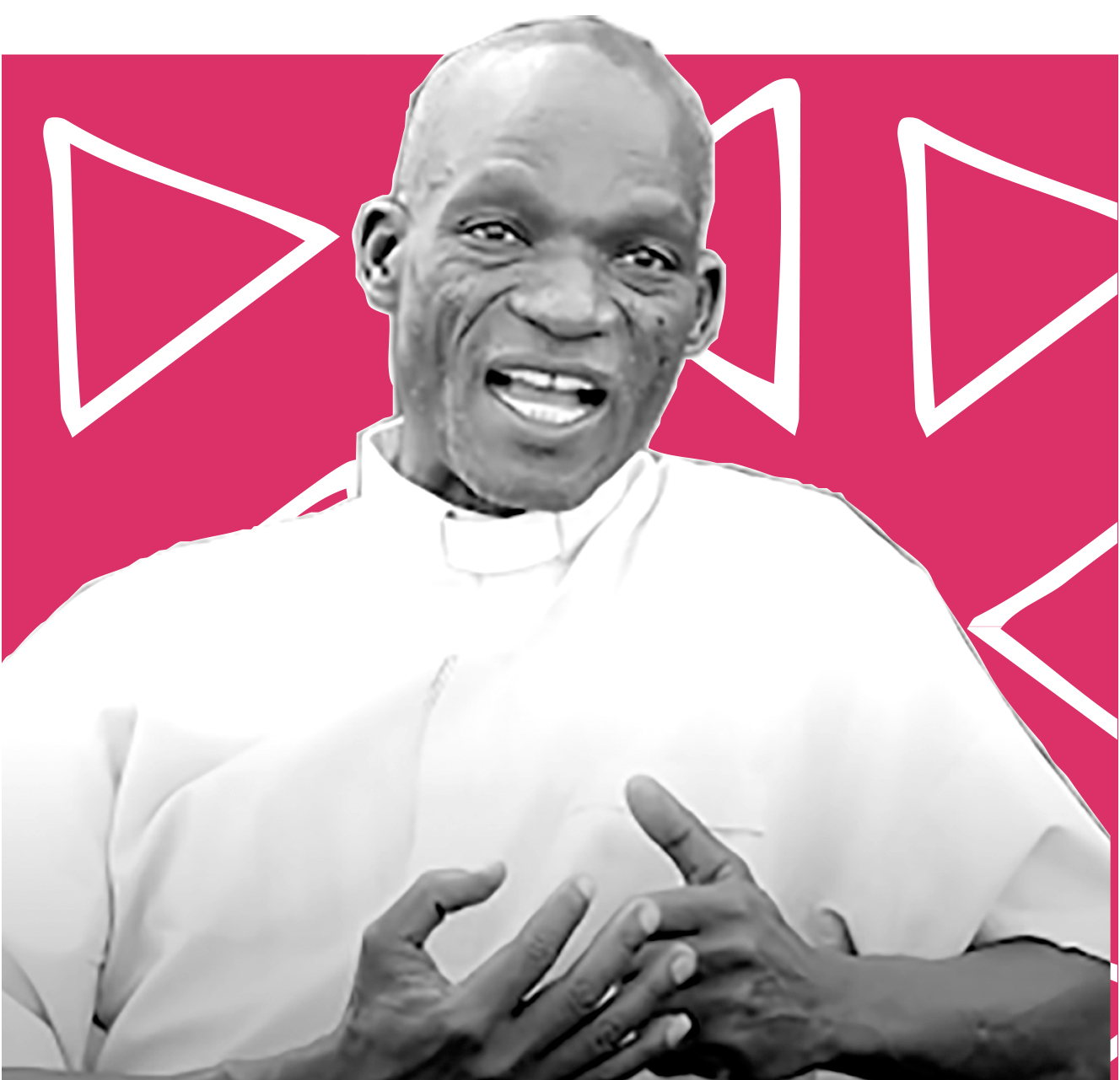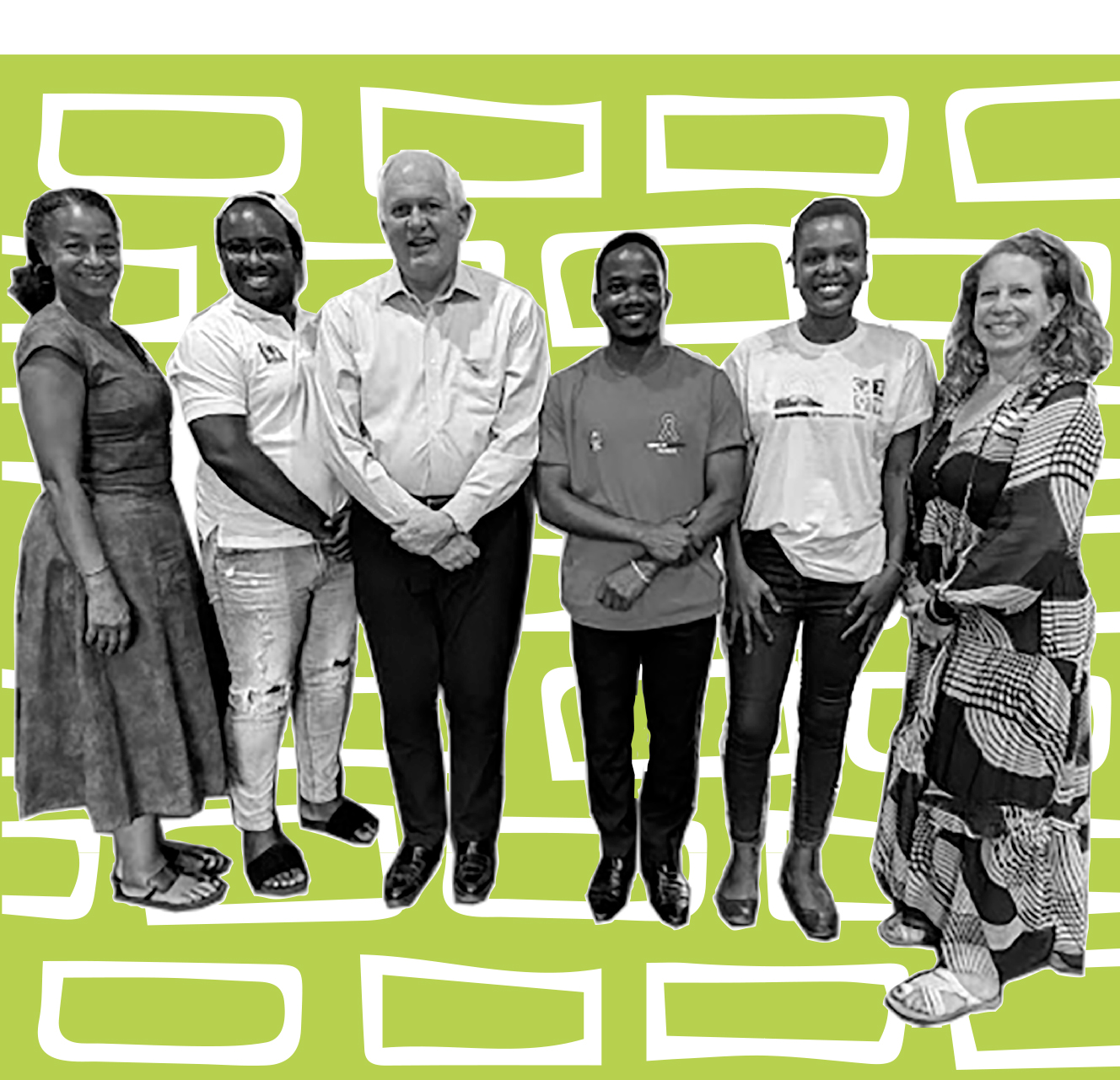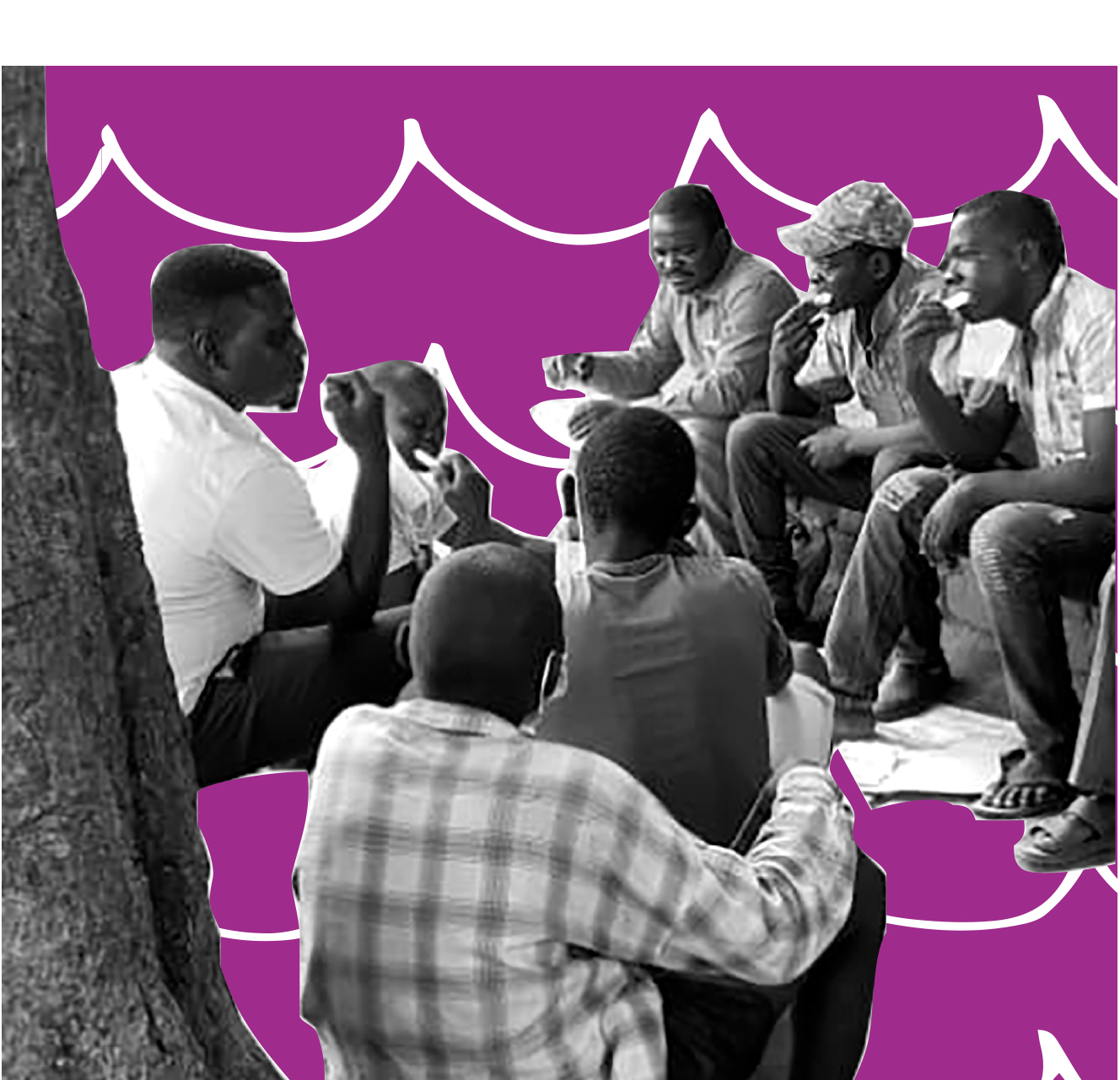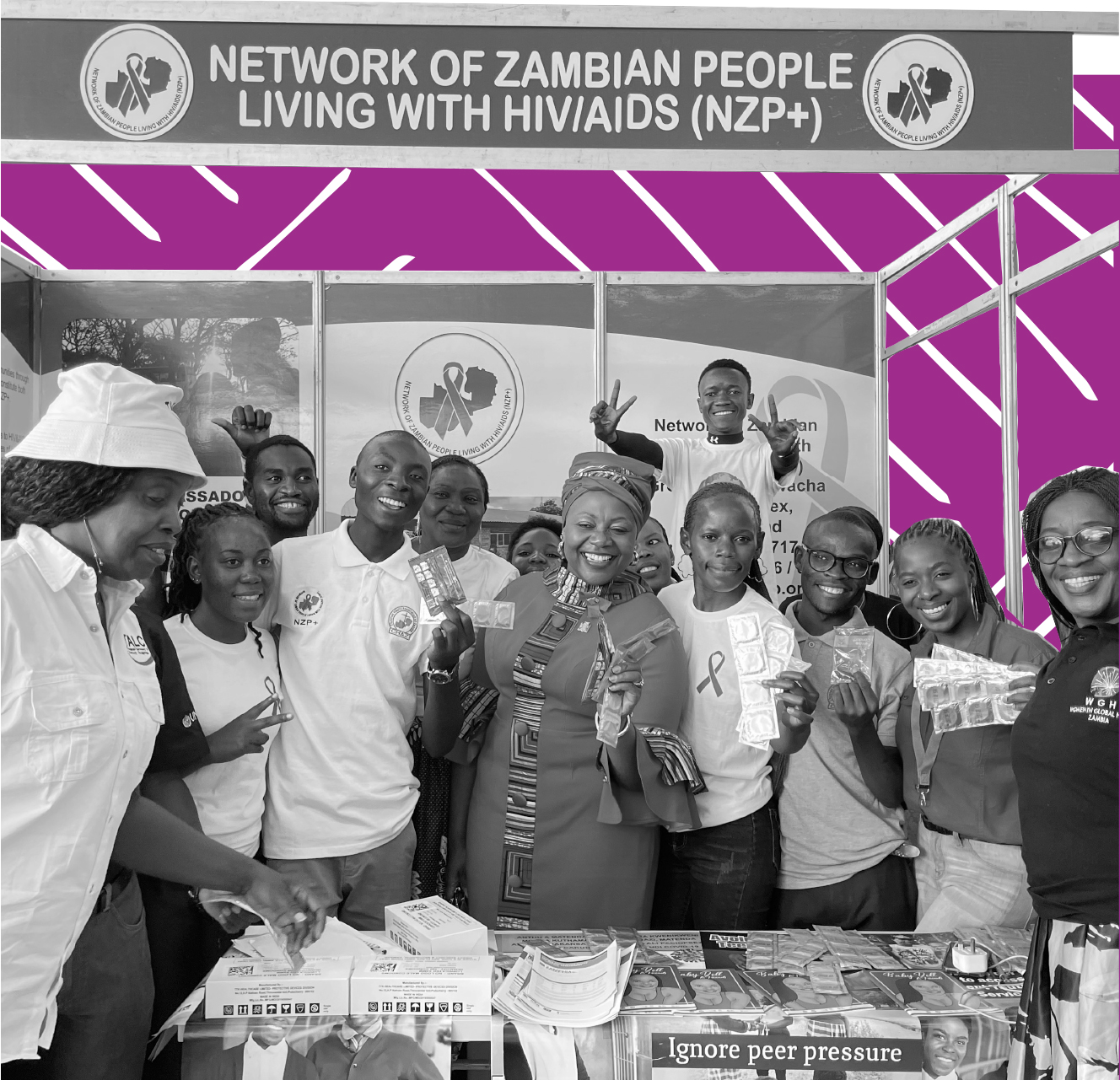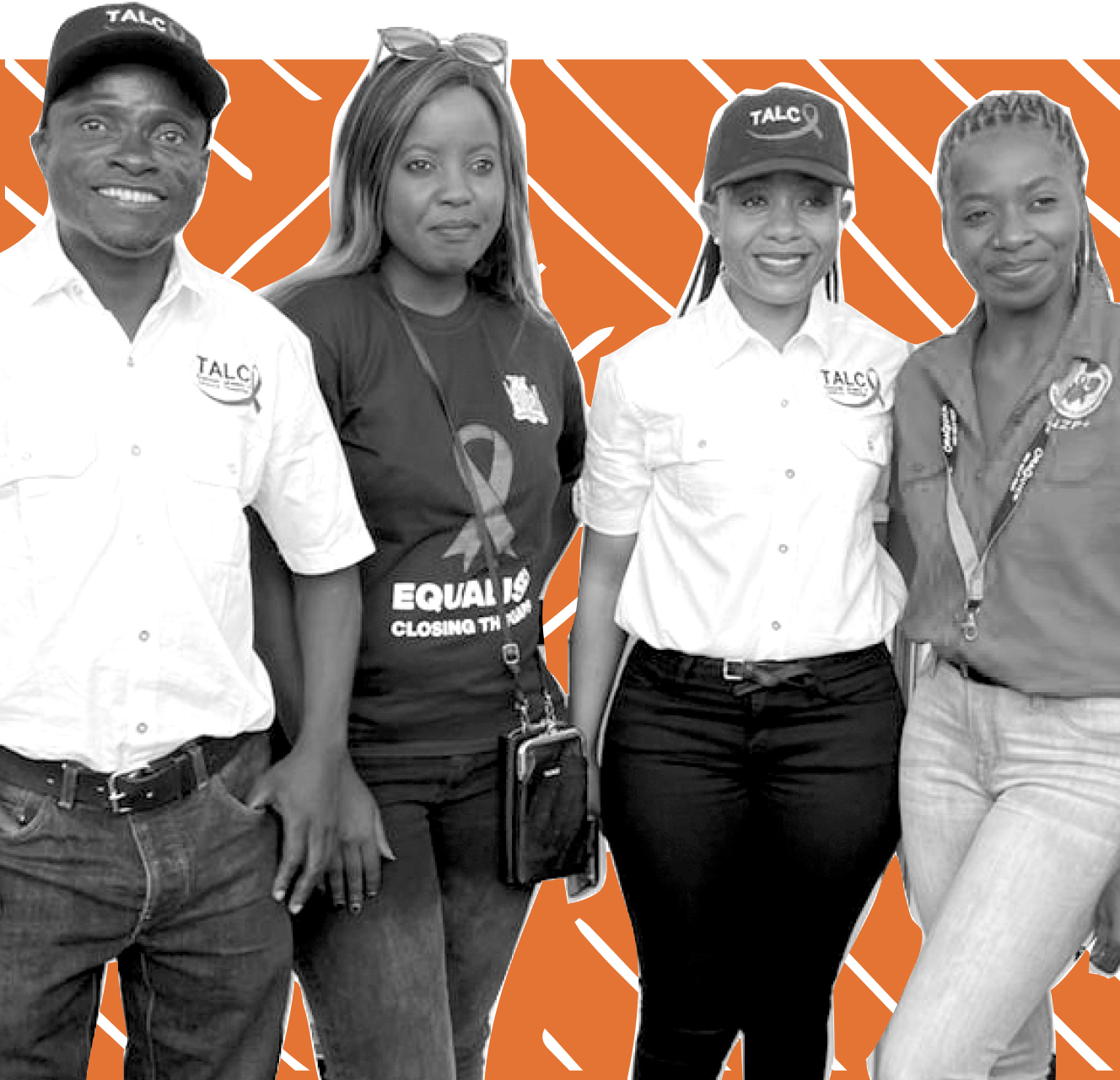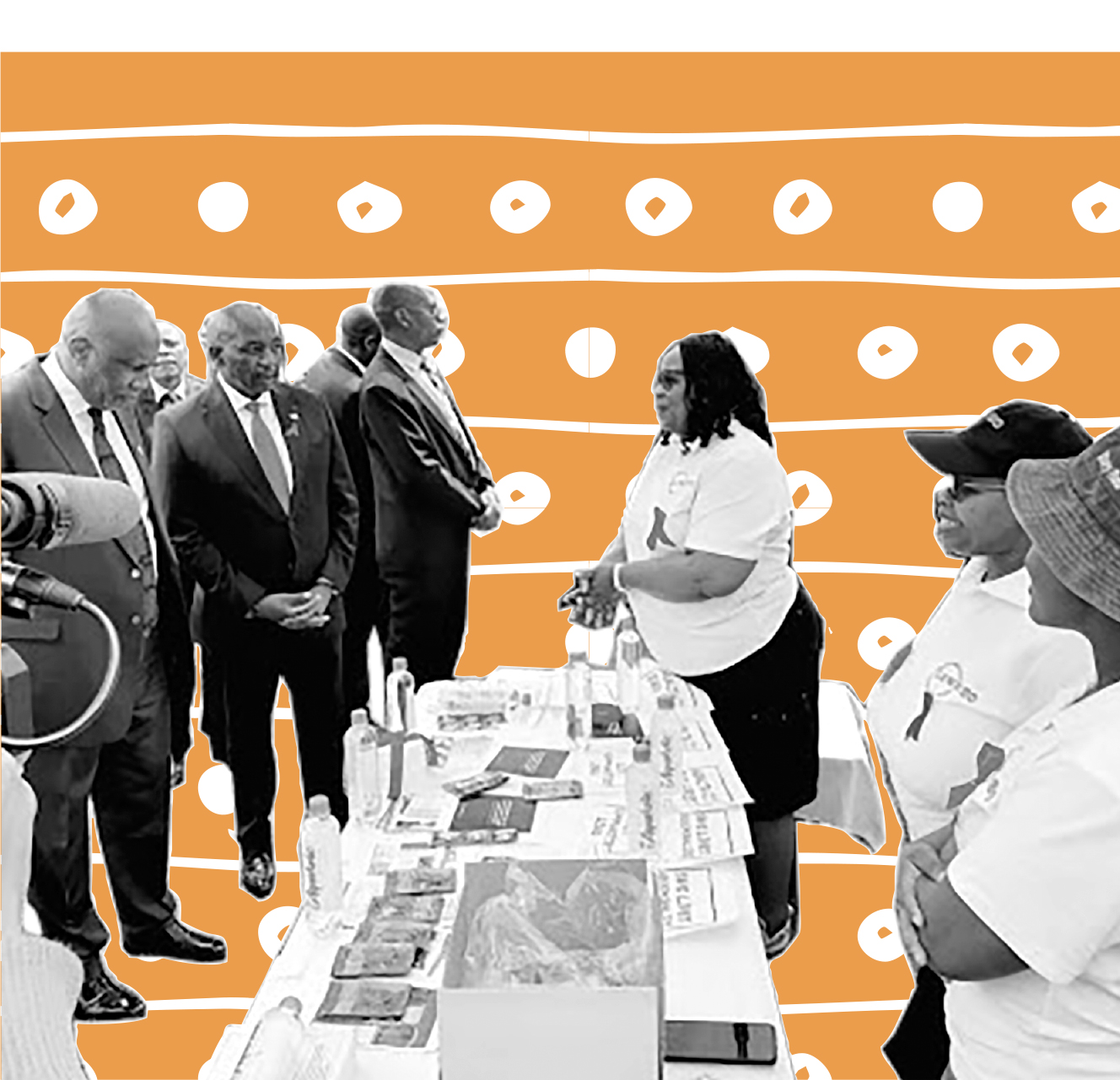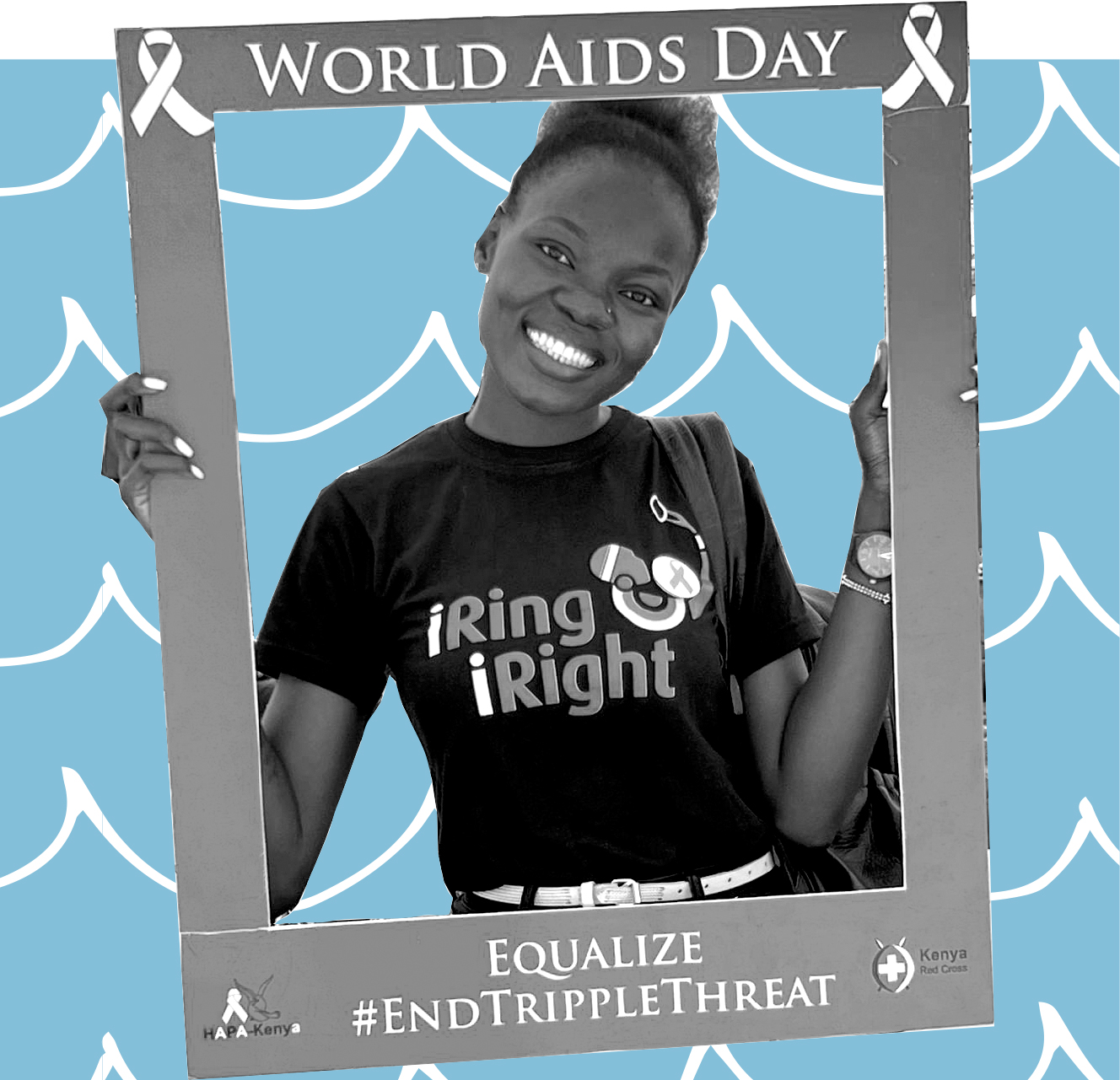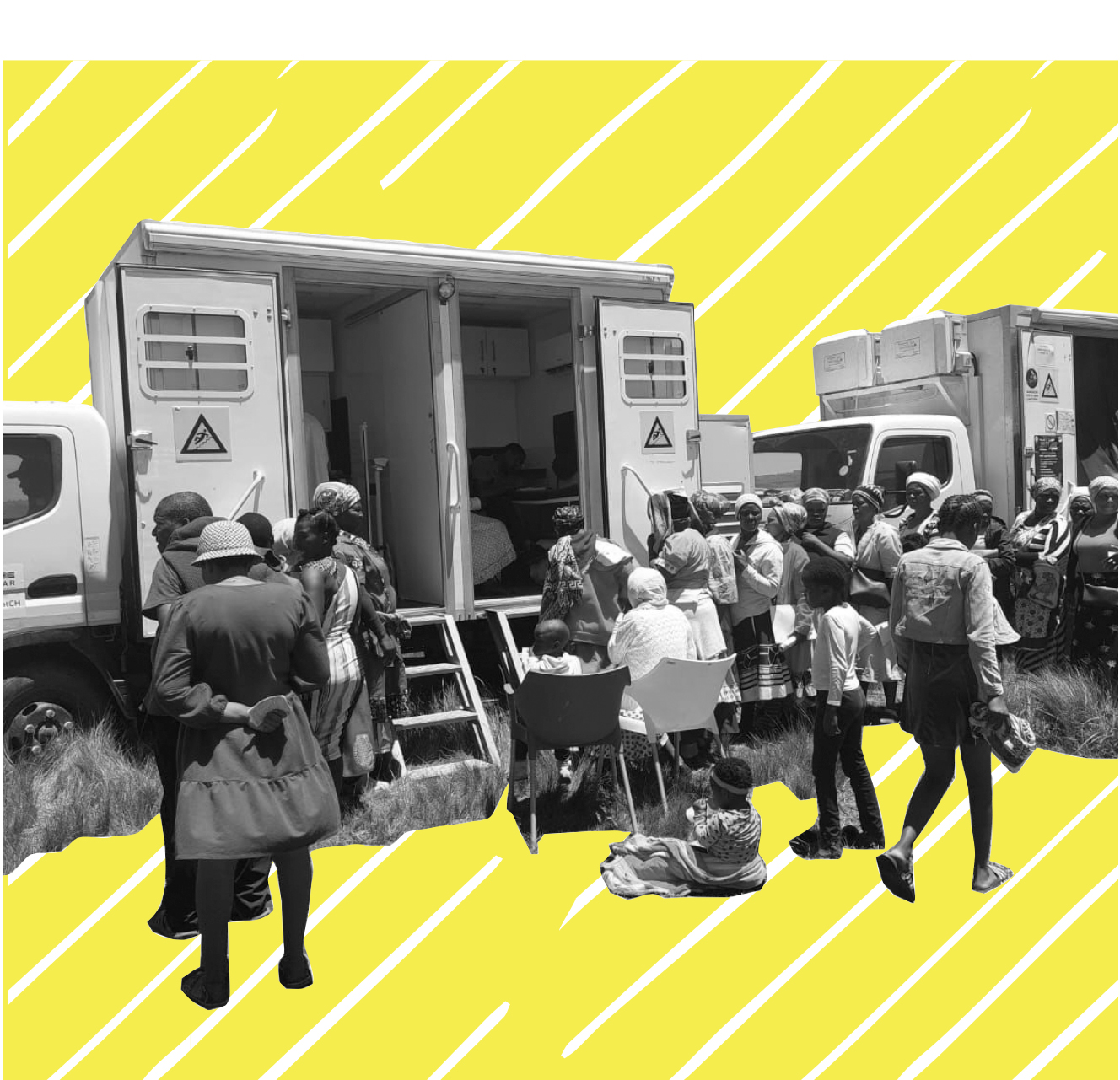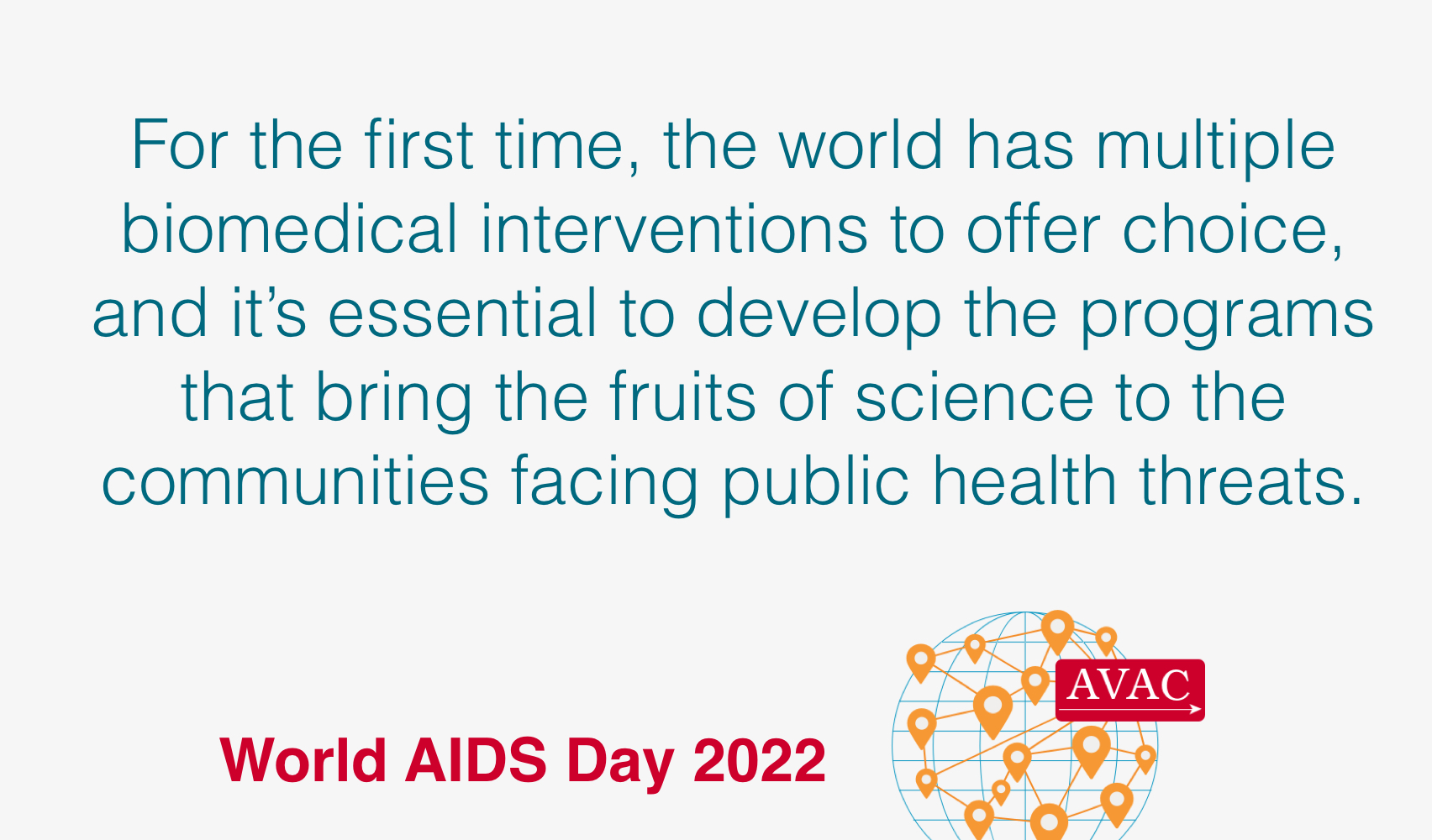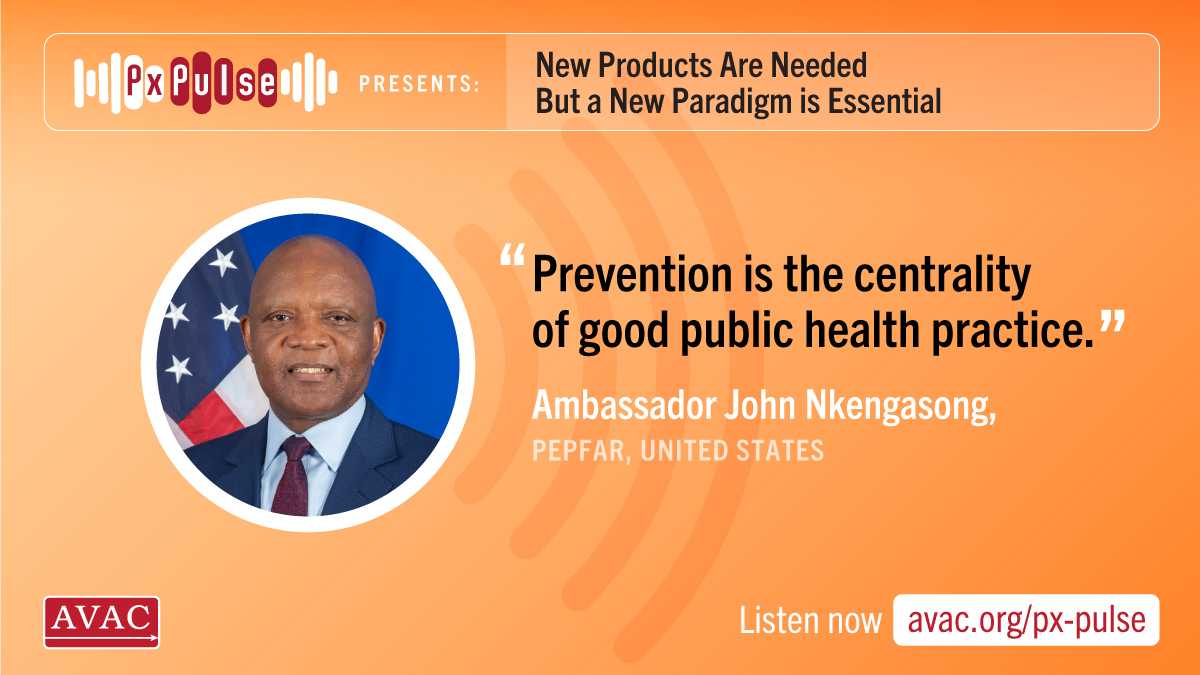AVAC is excited to launch the Advocacy Navigator, an extension of our Advocacy Fellows program, which has involved more than 90 advocates and dozens of civil society organizations in 15 countries to drive groundbreaking advocacy on HIV prevention research, rollout, and human rights. AVAC now seeks applications from early-career professionals from Eastern and Southern Africa interested in strengthening their skills in HIV prevention advocacy. Applications for the Advocacy Navigator program are now being accepted through 13 February 2023.
Find details about the Advocacy Navigator program and application process here.
The Advocacy Navigator combines training and mentorship to young and emerging advocates in the field of HIV prevention advocacy. The program will mobilize a cohort of ambitious individuals and empower them with the knowledge, skills, and confidence to meaningfully advance HIV prevention advocacy. The program includes online coursework, personalized mentorship, and opportunities to directly apply learning through a community advocacy project. The program begins with three months of coursework and project development, followed by three months of implementation, when advocates implement their plans.
Since 2009 and the beginning of the Advocacy Fellows program, AVAC has recognized the imperative to invest in mobilizing a growing cadre of HIV prevention advocates. They represent a global movement of seasoned veterans and passionate newcomers, who call out neglect, insist on equity, monitor commitments and identify solutions. This movement has been and will continue to be absolutely essential to the fight against HIV and progress in global health. See the 2019 evaluation of the Fellows program and highlights of what the current class of Fellows did last World AIDS Day.
Now the Advocacy Navigator Program is leveraging the strength of this extraordinary alumni community to sustainably expand this model to a larger number of people, continue to support and engage mentors, and prepare future Fellows for long-term projects.
Find the application and additional information at AVAC.org/navigator.






